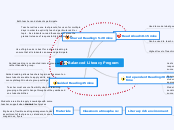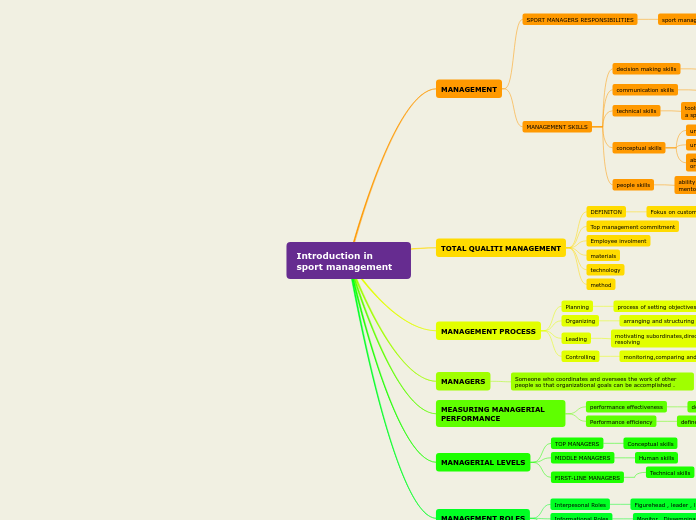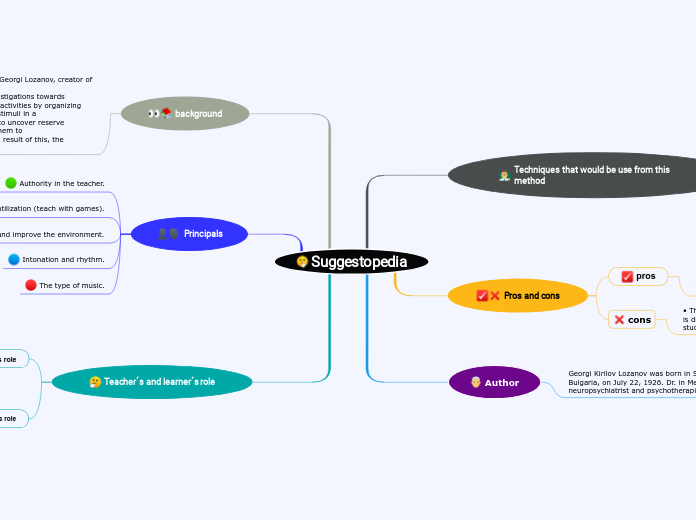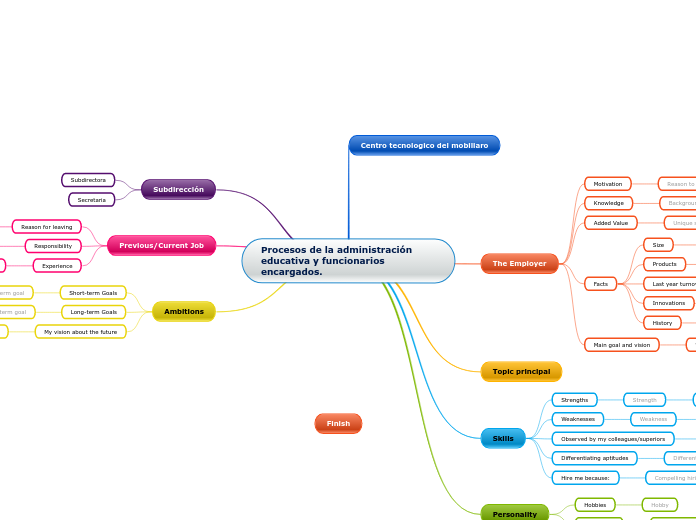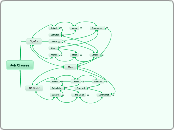da Chelsea Duffy mancano 6 anni
170
Balanced Reading Program
The classroom environment is designed to be literacy-rich, featuring materials such as big books, flexible seating, and various text pieces like calendars and magazines. Key components include word walls, displayed student work, and a classroom library.
